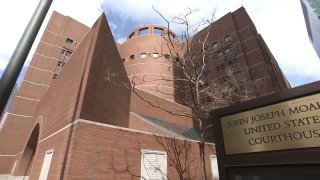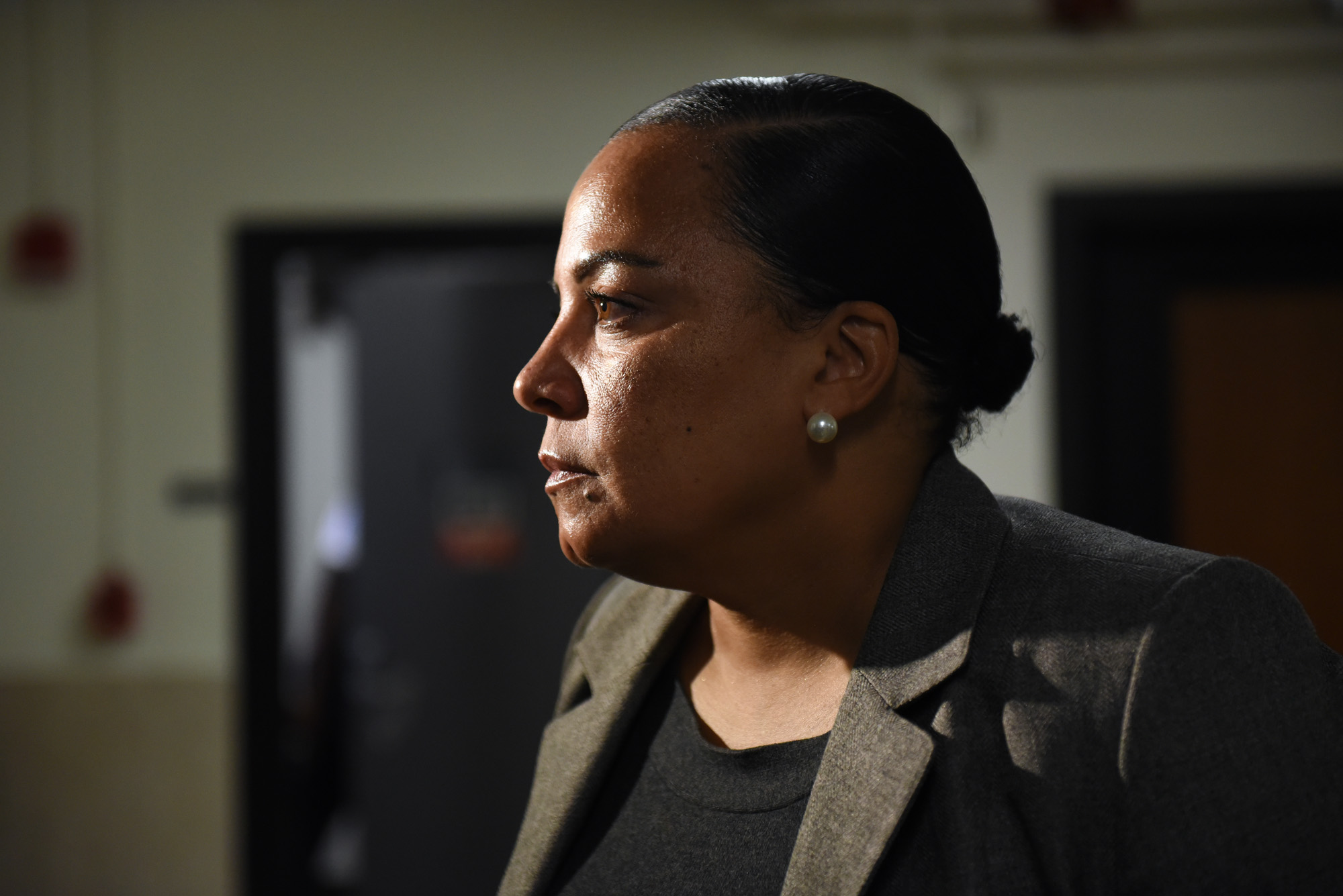
A former Bosnian prison camp supervisor who lied about being a refugee in order to avoid prosecution on war crimes was able to hide out in the U.S. for decades, even becoming a citizen, prosecutors say.
Kemal Mrndzic, 50, was charged Wednesday with falsifying, concealing and covering up a material fact from the U.S. government by trick, scheme or device; using a fraudulently obtained U.S. passport; and possession and using a fraudulently obtained Social Security card, according to the U.S. Attorney's Office. He was released on $30,000 cash bond following his initial court appearance in federal court in Boston on Wednesday afternoon.
WATCH ANYTIME FOR FREE
Stream NBC10 Boston news for free, 24/7, wherever you are. |
Mrdnzic had most recently been living in Swampscott, prosecutors said. It wasn't clear how long he had been there.
According to the complaint, Mrndzic served as a supervisor of the guards at a notorious prison camp in Bosnia and Herzegovina during the sectarian war that fractured the country in the 1990s. The U.N. International Criminal Tribunal for the Former Yugoslavia found that guards at the Celebici prison camp had committed numerous murders, rape and had engaged in torture and other forms of persecution of Serbian prisoners held at the camp.
Get updates on what's happening in Boston to your inbox. Sign up for our News Headlines newsletter.
Three of Mrdnzic's fellow guards were convicted by the tribunal after a trial in the Hague at which survivors testified to the harrowing prison camp conditions. Prosecutors said numerous survivors have since identified Mrndzic as being involved in the beatings and other abuses committed at Celebici.
Prosecutors said that after the war ended, investigators from the U.N. tribunal interviewed Mrndzic in Sarajevo and accused him of being involved in the abuses at Celebici.
"Mrndzic subsequently concocted a scheme to flee the country by crossing the border into Croatia and allegedly applying as a refugee to the United States using a fabricated story," prosecutors said in a statement. "It is alleged that in his refugee application and interview, he falsely claimed that he fled his home after he was captured, interrogated and abused by Serb forces, and could not return home for fear of future persecution. He was admitted to the U.S. as a refugee in 1999, and ultimately became a naturalized U.S. citizen in 2009."



